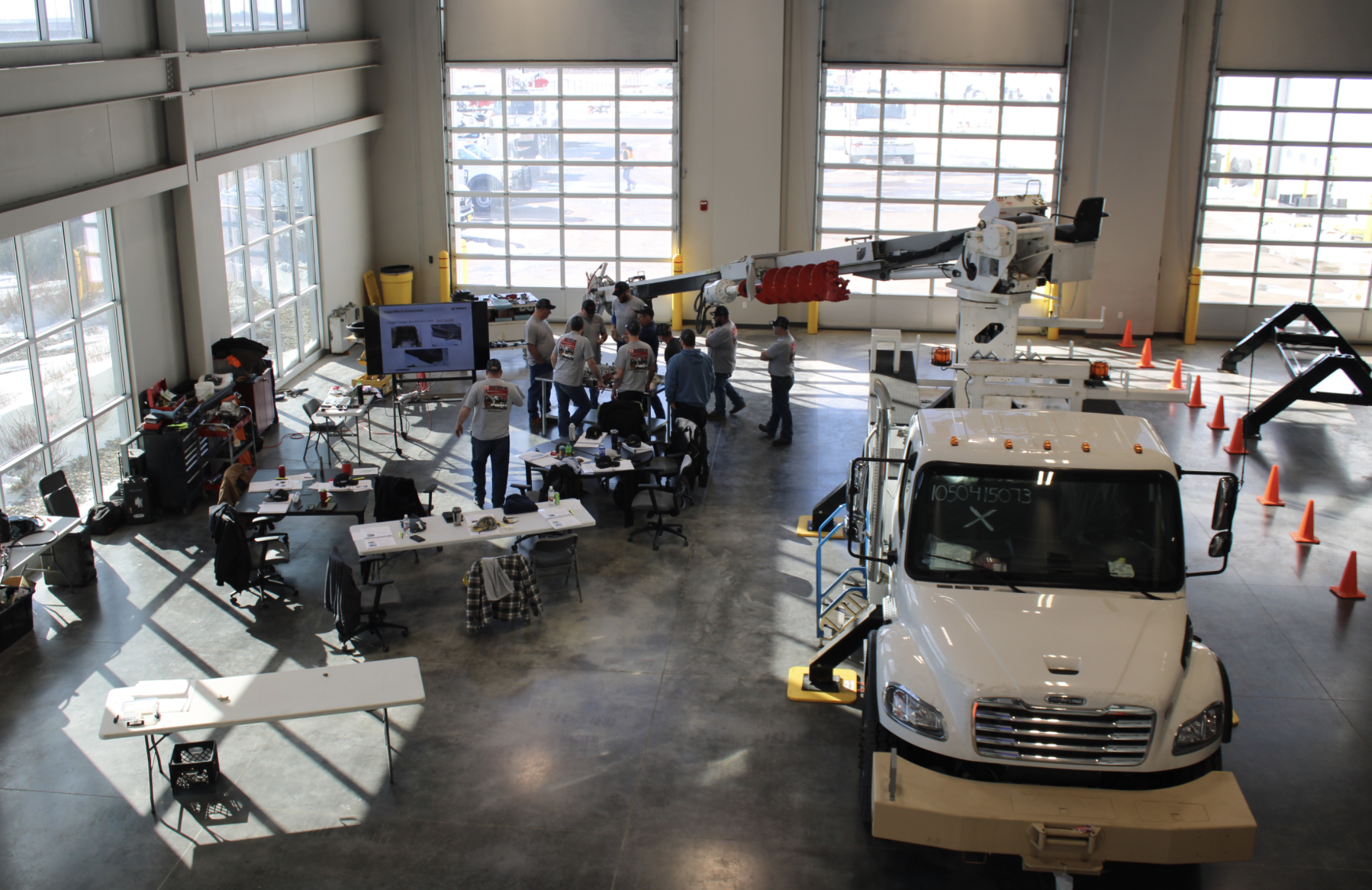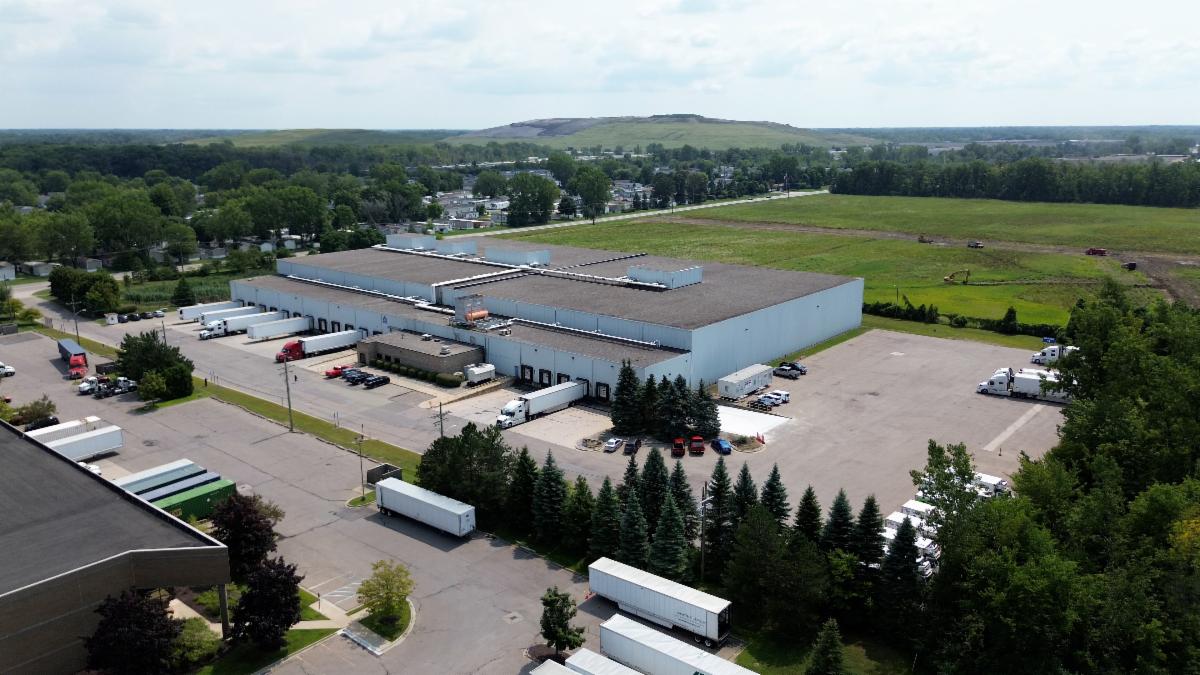Work Commences at Virginia International Gateway
Work is underway at Virginia International Gateway (VIG) on a $320 million expansion project that will nearly double the terminal’s annual cargo handling capability. The project is the first of two large-scale expansion projects that, when complete, will increase the port’s overall annual container capacity by 40 percent, or 1 million container units, by 2020.
“This is an important day in the history of The Port of Virginia; it is an important milestone in our effort to increase sustainability and to prepare this port for what is to come,” said John F. Reinhart, CEO and executive director of the Virginia Port Authority (VPA). “We are adding capacity now so we can handle the cargo that will be coming to us in the very near future. The big ships are here — more are on the way – and they are carrying significant amounts of containers and Virginia will be ready to accommodate that volume.”
Survey crews this morning began the preparatory work to expand the rail/container stacking yard at VIG. From a wider perspective, today’s work signals the start of the effort to double the existing container capacity at VIG. The overall project includes expanding the container stacking yard, doubling the on-dock rail operation and the expanding the truck gate.
“This sends a very clear message — worldwide — that The Port of Virginia is investing for the long-term and we will be able to service the vessels of any ocean carrier here at what will be one of the most modern and efficient container terminals in North America for decades to come,” said Virginia Gov. Terry R. McAuliffe.
The wharf work will create new berth space, which will be used to handle a larger class of container ship that will begin crisscrossing the Atlantic Ocean before year’s end. A longer wharf will make way for four new Suezclass container cranes that will handle the big ships and their cargo loads. The wharf project begins March 15 and is scheduled for completion in the winter of 2018.
When complete, the capacity expansion at VIG will create the ability to process 1.2 million containers annually at the terminal; present capacity there is 650,000 containers. Further, the expansion’s potential economic impact could result in 166,000 jobs across the Commonwealth, $22 billion in additional spending and more than $636 million in state and local taxes.
“If we continue pairing our natural advantages with our strategic vision for growth and diversifying our services across the port’s network of terminals, we will strengthen the port’s position as a catalyst for commerce throughout Virginia,” said John G. Milliken, chairman of the VPA board of commissioners. “The additional cargo moving across these expanded facilities equates to jobs, investment and positive economic impact.”
Last November, the port and Virginia International Gateway, LLC, agreed to a new long-term lease for the 576-acre facility. The lease, which went into effect Nov. 17, 2016, and extends through 2065, cleared the path forthe port to begin work on the expansion.
In July, the port will begin work on its other large capacity project: the expansion of the south stack/container yard at Norfolk International Terminals (NIT). This $350 million project will allow the port to create greater density for cargo at NIT and expand annual capacity there by 400,000 containers. For this project, the container stack yard will be completely reconfigured and it will be served by 60 new rail-mounted gantry cranes. The project will be complete by 2020.
“We believe that the continued investment in people, technology and those capacity projects being undertaken at The Port of Virginia during the next three-to-four years are positioning this port to become the US East Coast’s premiere port: a true gateway to world trade and a catalyst for commerce in Virginia,” Reinhart said.
“Very soon, we are going to see vessels in the 12,000-plus TEU range, we are processing record amounts of rail cargo and the demand for our services is growing. We have momentum and our timing coincides well with the changes in the industry.”







